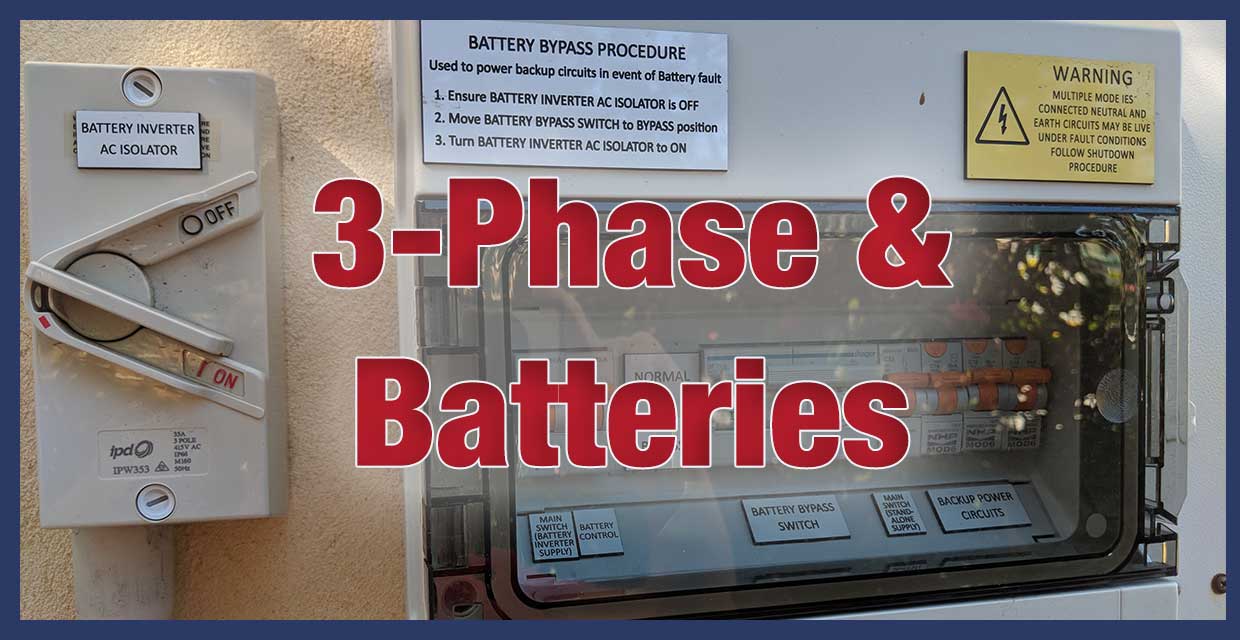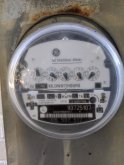Ugh... Sorry, my dear daughter took over the keyboard while I was drafting this. Let's try again:
Here are my notes/requirements:
- Supply 100% of my electricity (or electricity costs)
- I live in Northern VA and recently cleared the trees around the house so there is minimal shading
- Conventional slope roof (~20 degrees), facing south-east (~45 degrees)
- We have dominion power with the option of Net Metering so I believe the most efficient option is Grid-Tied with no battery
- Previous evaluations from quotes I received put me at about an 7 KW system
- I am currently powering a 2 story single family home with standard (120/240) AC loads including:
- HVAC (Gas furnace, standard central AC), Gas hot water heater
- EV (Kona EV) with average of 100 miles a week
- Appliances: Washer, Dryer, Fridge, Stove (Gas range, electric oven), Dish washer, microwave, small fridge
- Electronics: 2 computers, 1 switch, 2 APs, 3 cameras
- Power tools (Dewalt flexvolt 20v/60v system) for yard work and DIY home projects
- We plan on the following additions/modifications in the next 1-5 years:
- Going all electric in the home: induction range, heat pump, electric water heater
- Obtaining another EV (overall mileage would increase by about 50 miles a week)
- Building pool and pool house (roughly 16' x 16')
- Adding a split mini to the garage and install computer equipment (2x Dell Rack servers)
- Improving insulation in the attic and exterior walls (currently pretty inefficient)
- Based on the upgrades I am thinking I will need to size up to about a 10 KW system (just a guestimate at this point)
Primary goals are to save $ and be eco-friendly. With the limited research that I started doing I believe I would need: Panels, Inverter, Cut-off, mounting/wiring, new meter (from electric co.). I was looking at LG panels based on reputation and cost per output but am open. I got a bit lost looking at inverters. I believe I only need a controller if I have a battery. Some future technology may allow using an EV as a backup battery and I would like to easily modify the system to support that or adding a traditional battery backup.
Couple of Initial Questions:
1. Does 10KW seem accurate/sufficient?
2. Is grid-tied w/ no battery the most efficient (cost effective/green) option?
3. Is my component list accurate? What am I missing?
4. What type of inverters should I be looking at (micro, single-phase, 3-phase)? What inverter brands should I look at (priority is reputation/value)?
5. What panel brand should I be looking at?
6. Anything else I should be considering?
Thanks in advance!




